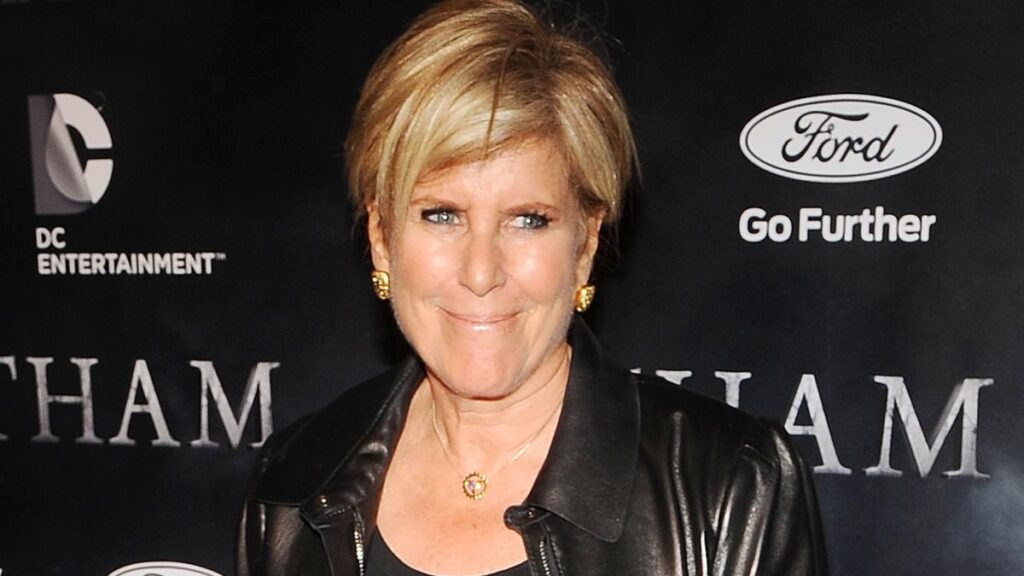SplashNews.com/Shutterstock.com
Since the start of the COVID-19 pandemic, inflation has been at a record high in 40 years, but it is only now starting to calm down. The Federal Reserve is taking action because inflation is improving.
On September 18, the Federal Reserve cut the federal funds rate by 50 basis points, with a new target range of 4.75% to 5.00%. This was the first rate cut since 2020. This aggressive action is aimed at preventing rising unemployment, lowering borrowing costs, strengthening the economy, and ultimately bringing inflation to the Fed’s 2% goal.
The new federal rate cut will likely lower interest rates not only on savings accounts and certificates of deposit, but also on mortgages, auto loans, and credit cards. In a recent blog post, money expert Suze Orman discussed the impact of this rate cut and how it will affect public finances.
Read more: 6 ways to lower your student loan debt interest rate
For you: 7 reasons a financial advisor can grow your wealth in 2024
There are three things to keep in mind now that the Federal Reserve has cut interest rates, according to Suze Orman.
Earning passive income doesn’t have to be difficult. You can start this week.
Interest rates are expected to continue falling until 2025
Orman emphasized that the Fed will likely continue lowering the federal funds rate through 2025 unless inflation rises again. Orman says that depends on what’s happening in the economy. However, he said the federal funds rate could fall to the 4% range next year.
If interest rates continue to fall, it can affect your investments, loans, and more, so it’s important to be aware of what’s going on. “Whether you are considering making changes to your portfolio or adjusting your assets and estate planning in anticipation of lower interest rates, consult with a financial and tax professional to help you understand the potential risks of any action you take. It’s important to make sure it helps you achieve your long-term goals,” says Fidelity.
Learn more: I’m a bank teller: 4 reasons why you should withdraw your savings now
stay focused on eliminating debt
Orman explained that you need to focus on paying off and eliminating your credit card debt as soon as possible. While the average interest rate on credit cards may fall as the federal funds rate declines, the interest rates are likely still high enough to keep you in debt. “It’s likely that we’ll go from an abnormally high high to just a little less abnormal,” Orman said.
So even with interest rate cuts, credit card interest rates can still rise and have a big impact on your debt. As CBS News stated, “Even if credit card companies decide to lower interest rates in response to the Fed’s actions, the process will likely be slow and the impact will likely be minimal.”
the story continues
After all, you shouldn’t feel comfortable carrying more credit card debt. Credit card debt can leave a huge hole in your wallet and prevent you from saving and investing long-term.
Don’t start borrowing just because interest rates have dropped
Orman explained that taking out a loan and taking on more debt may seem like a good idea, since debt becomes cheaper when interest rates fall. But it’s important not to fall into that trap.
“The question you should always ask when making decisions involving debt is: Are you buying what you need or what you want? Lowering your interest rate can help, if necessary,” Orman said. said. “But don’t use low interest rates as an excuse or basis to borrow on an as-needed basis.”
You don’t want to take on more debt if you already have a lot of other debt just because interest rates have dropped, and you certainly don’t want to live beyond your means.
Details of GOBankingRates
This article originally appeared on GOBankingRates.com: Suze Orman: What a Fed Rate Cut Means for Your Finances

